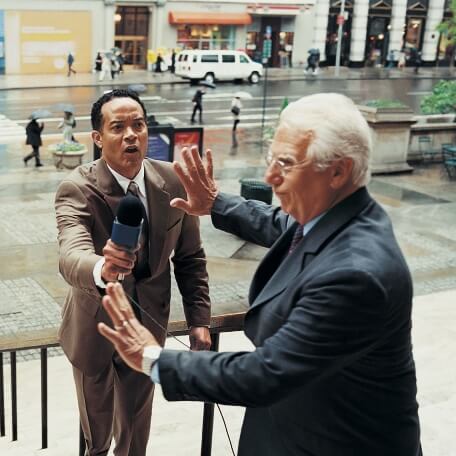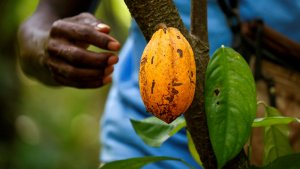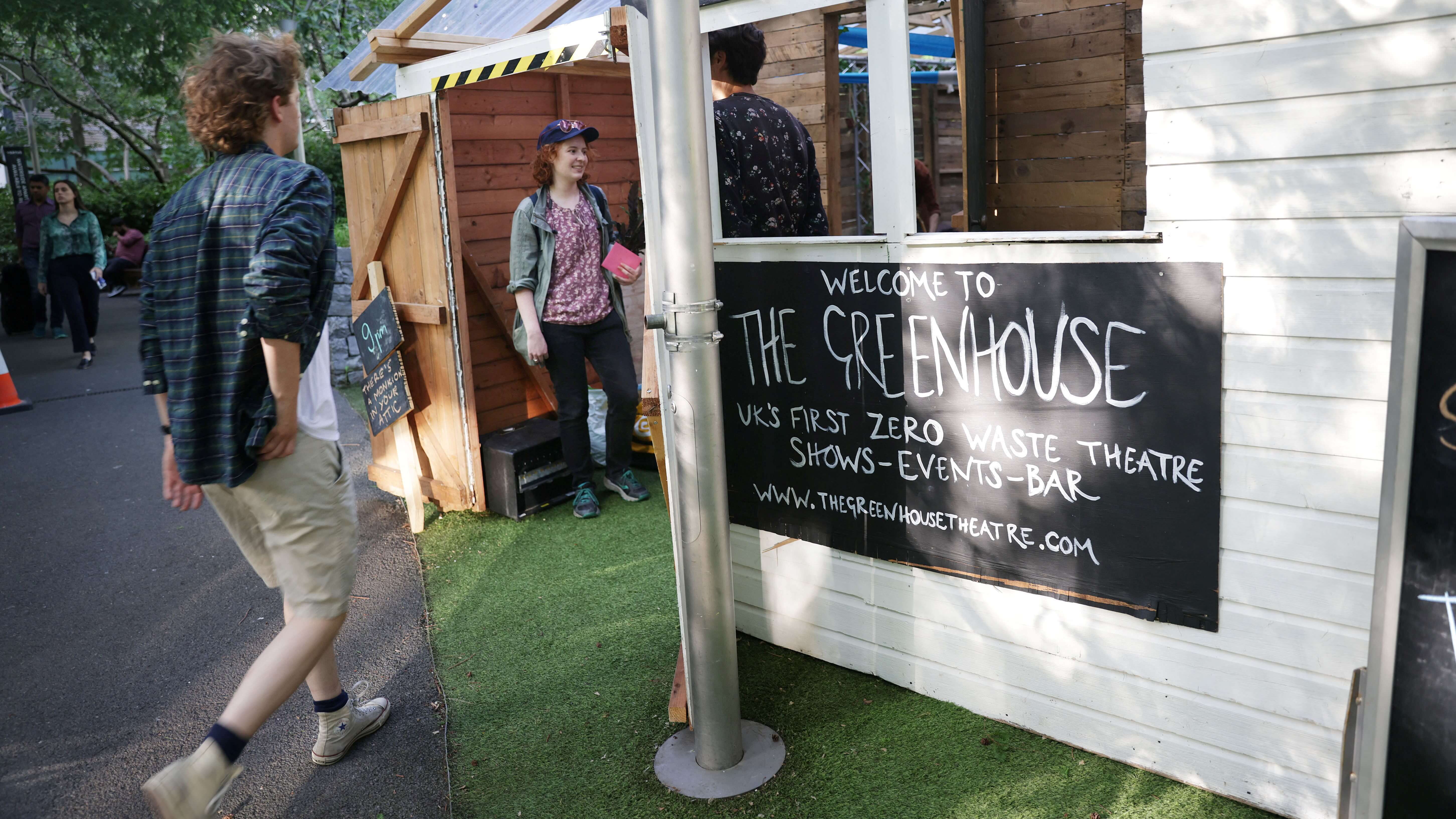'Coffee Has To Work Towards Zero Waste'
It's time to tackle coffee's dirty secret, says Grind founder who's grabbing market share.
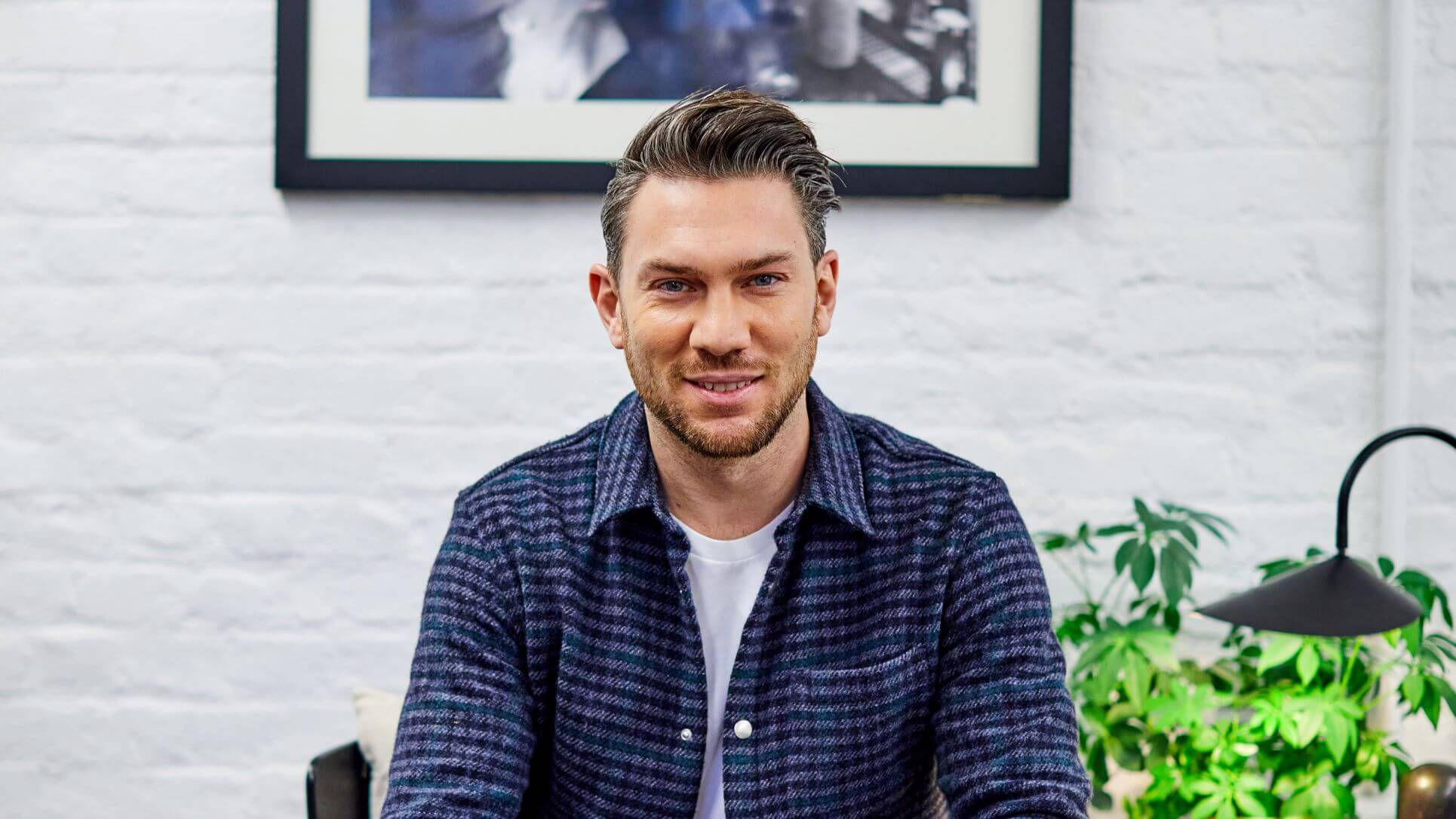
David Abrahamovitch, CEO and founder of coffe business Grind, argues the coffee industry has a long way to go to fulfil its comitment to a fairer, greener supply chain.
Introduce yourself and your business, what does Grind do?
I’m David Abrahamovitch, founder of Grind, the London coffee chain best known for our compostable coffee pods, pink coffee tins and our cafes across London. 11 years ago I took over my father’s mobile phone store in Shoreditch, East London and turned it into the first Grind coffee shop.
Whilst we started with just one site, I never intended for Grind to stay small for long, and from the beginning, we focused heavily on building a brand that connected with people. Having spent the 2010s rolling out our cafes across London, just before the pandemic, we started to invest in our Grind-at-home offering, and in particular our compostable coffee pods.
At the beginning of 2020, that side of the business exploded, and we now sell 20 compostable coffee pods per minute and partner with some of the world’s best brands to help them serve amazing coffee, such as Soho House. Over the next 10 years, we plan to grow Grind to become the world’s leading premium at-home coffee brand, with a pink tin in every kitchen.
What makes you different?
We took everything we learned from making a million coffees each year for our customers across London and squeezed all of that into our little pink coffee pods. Unlike most, ours are compostable and made from plant-based materials, not metals or plastic.
Trying to be as sustainable as possible is a central focus at Grind, and we try really hard to reduce the environmental impact of everything we do - from using compostable packaging and bags, and delivering coffee around London in electric vans. Our at home coffee range is totally free from plastic.
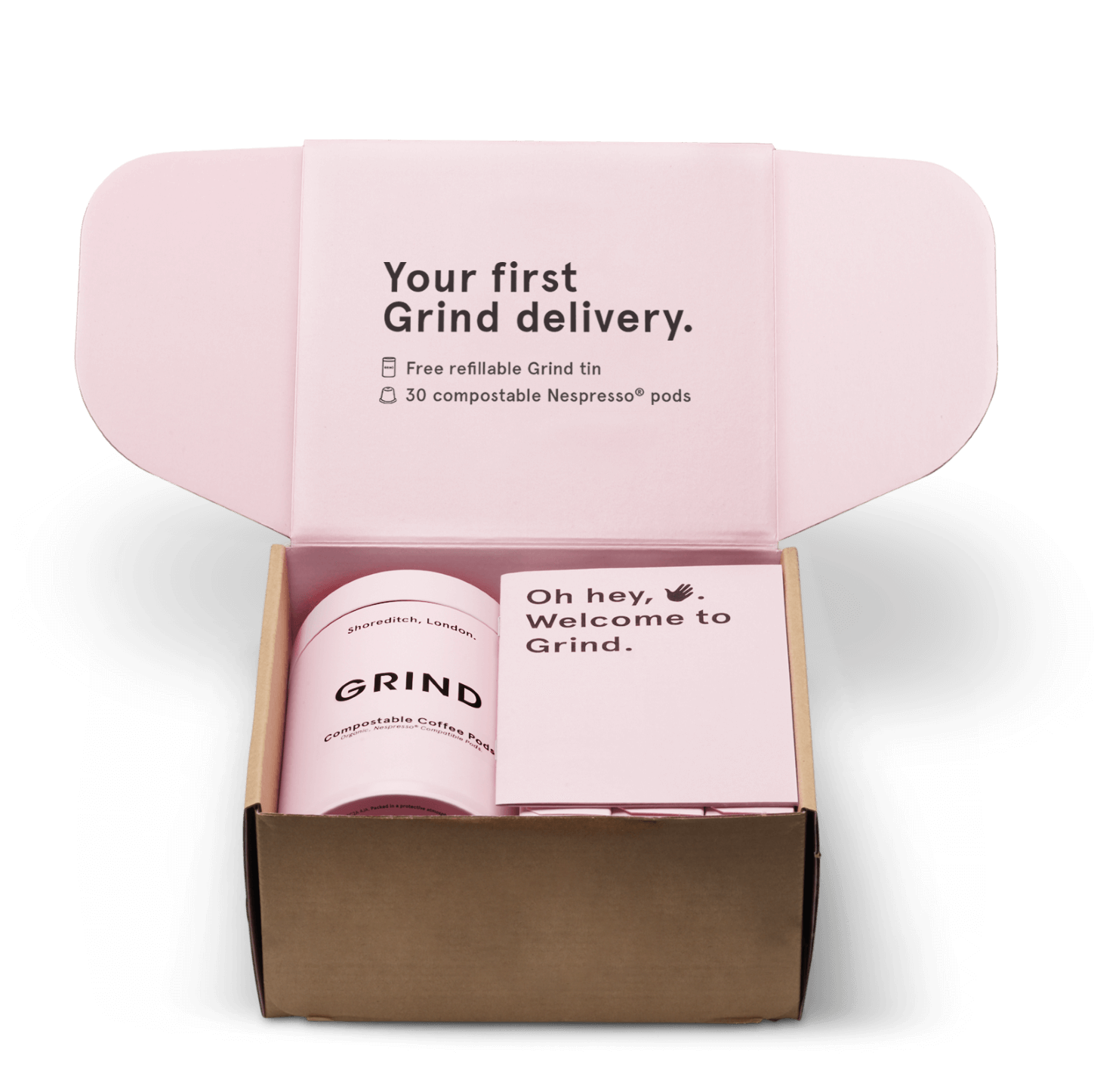
What's the problem with coffee pods?
Nespresso pods are a fantastic system for delivering coffee. They produce a great coffee with just the touch of a button, with no mess, and they only use 5 or 6g of coffee per serve, dramatically reducing the amount of coffee needed for each cup. But, every minute 39,000 aluminium and plastic coffee pods go to landfill, which is a terrifying statistic.
Grind’s compostable coffee pods are compostable and can be disposed of in your food waste bin and will break down in a matter of weeks. We really hope they don’t, but if some do end up in landfill they will decompose much more quickly than their plastic or metal cousins.
Is there a demand for greener solutions with pod convenience?
Since the first lockdown, we’ve grown to more than 30,000 subscribers, and we now sell 20 pods a minute. We’ll ship around 30 million pods this year.
When we talked to our customers before the launch, they told us they love how quick and easy coffee pods are, but lots of them told us they feel guilty every time they make one. Grind offers our customers the convenience of a pod coffee, but without the environmental impact or guilt.
What does the future hold for Grind – more innovation, expansion into new markets?
Last year we raised £22 million in our biggest round of funding so far, with our plan being to grow Grind at home across the UK, EU and the US market. In the US in particular there aren’t great compostable alternatives out there and consumers on both coasts care as much as we do in Europe.
We’ve got lots in the pipeline in terms of new product ranges, which our roastery team have been working incredibly hard to develop and we’re also starting to fund academic research to help decrease the wider environmental impact of the coffee industry.
Final thought on waste - do you think it's possible to eliminate it completely?
The main barrier to becoming zero waste is cost - when you’re trying to build a sustainable supply chain, everything becomes more expensive. But it’s something businesses have to work towards.
Customers expect brands to consider the environmental impact of everything they do from shipping to product development, and the more businesses that adopt sustainable practises, the more cost will come down and technology will improve. We're excited to be leading the way on this in our part of the coffee industry.
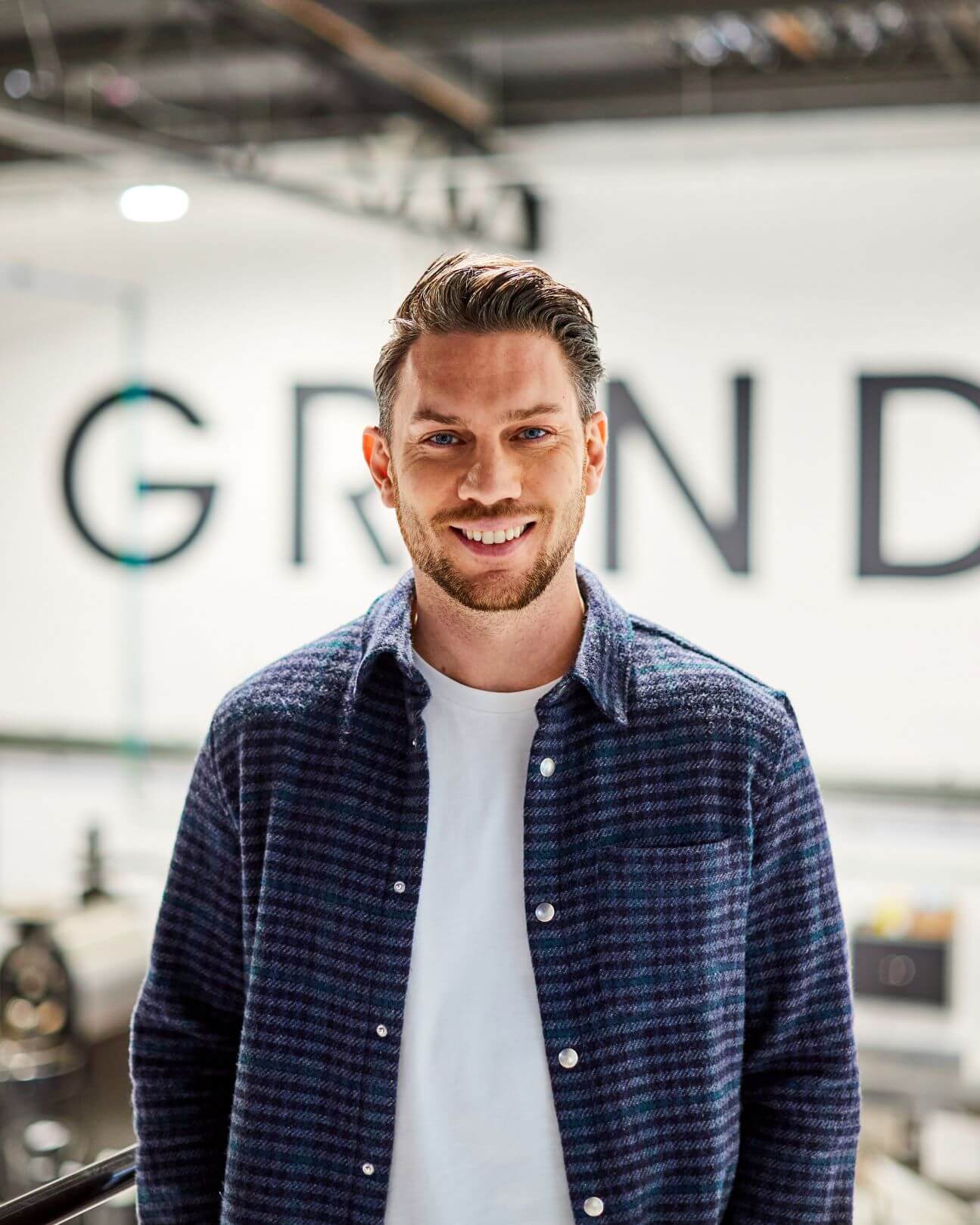
Thanks for signing up to Minutehack alerts.
Brilliant editorials heading your way soon.
Okay, Thanks!